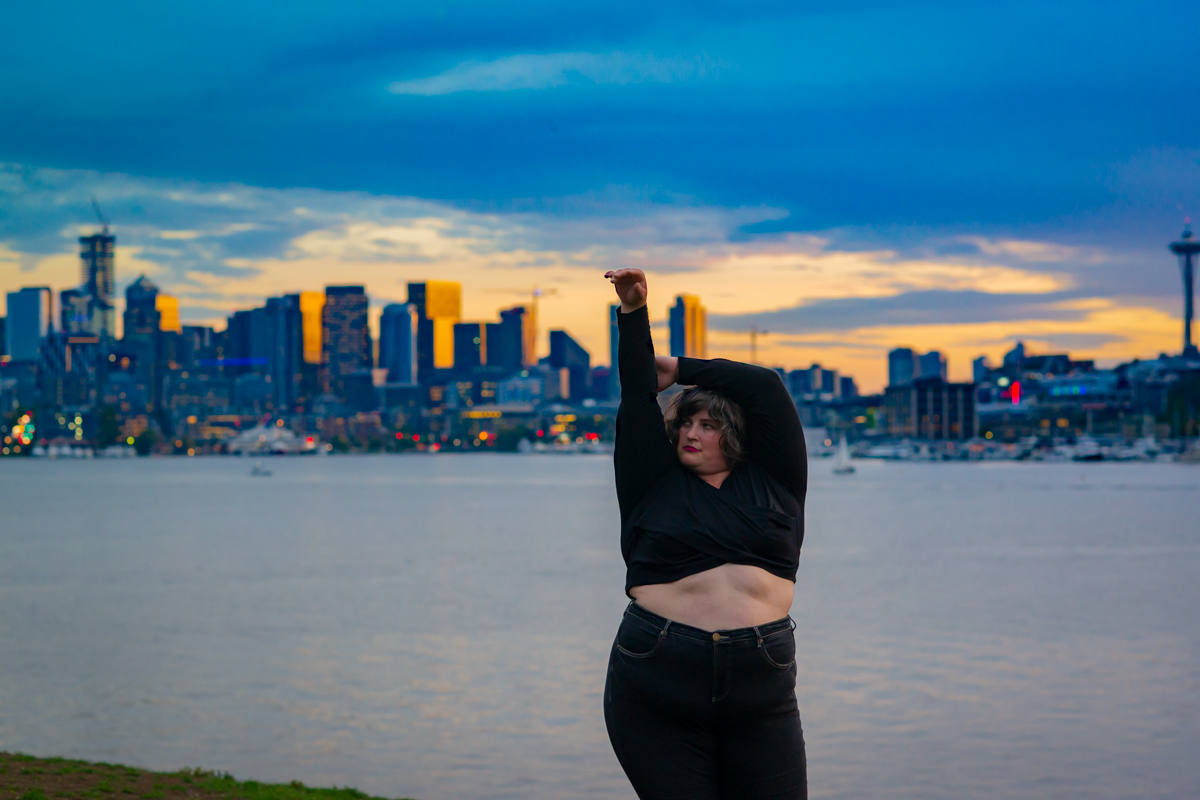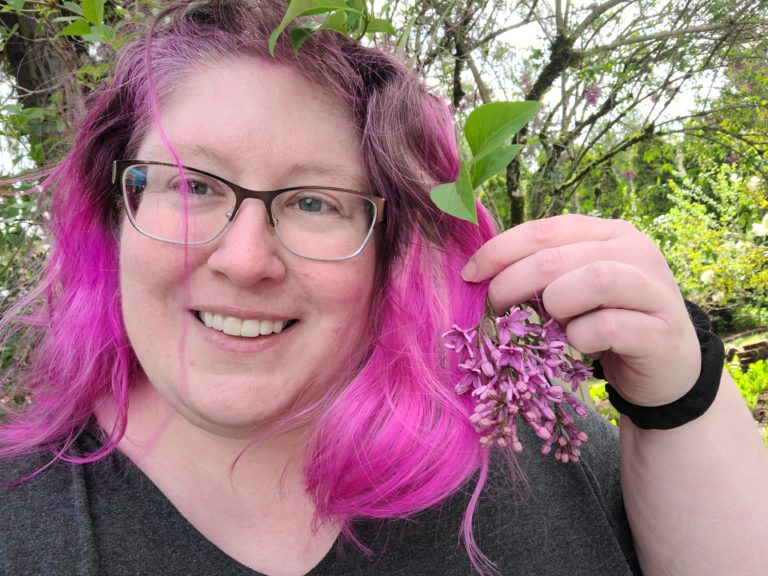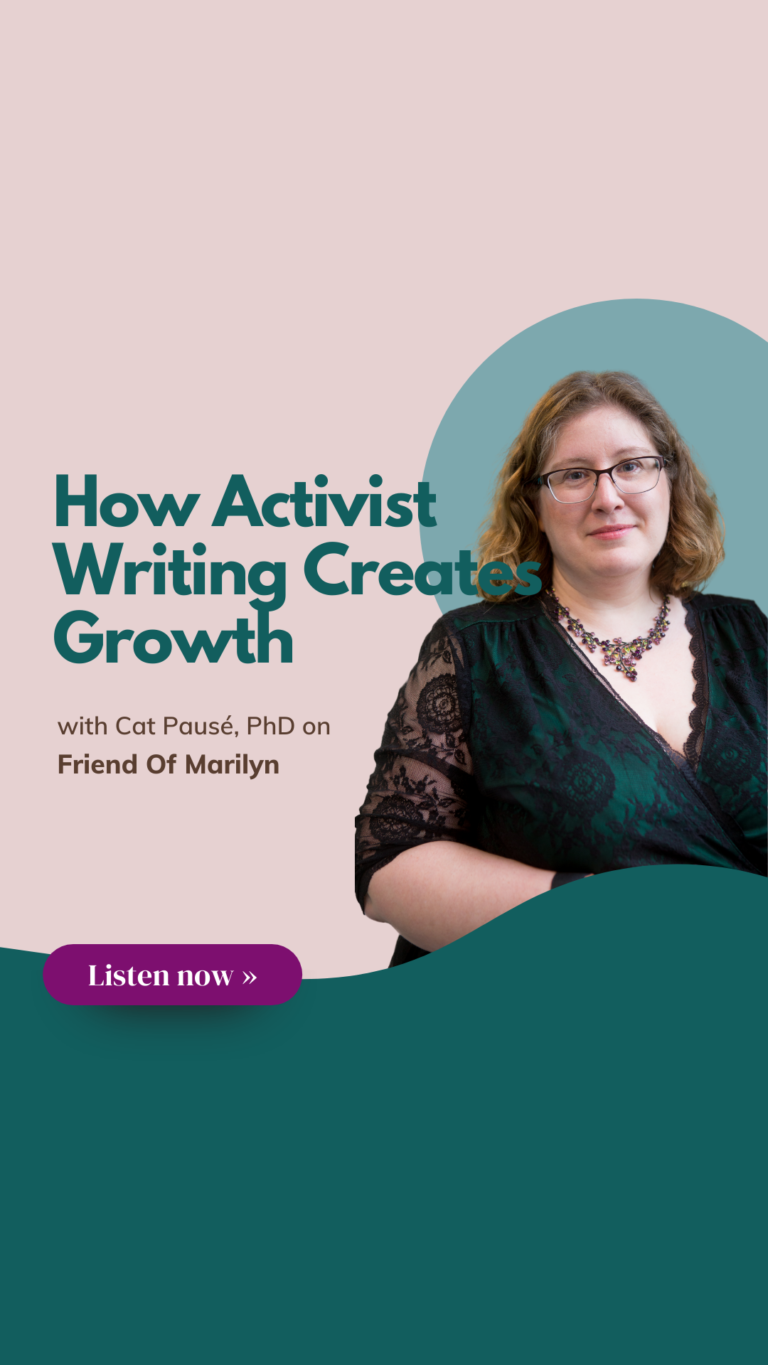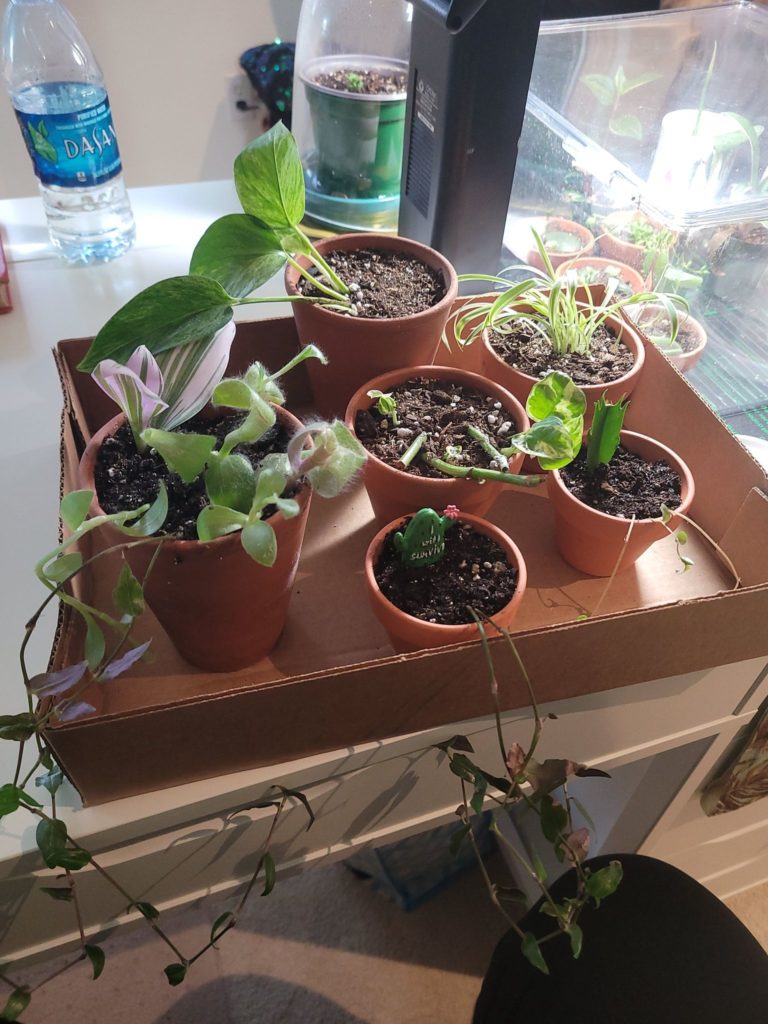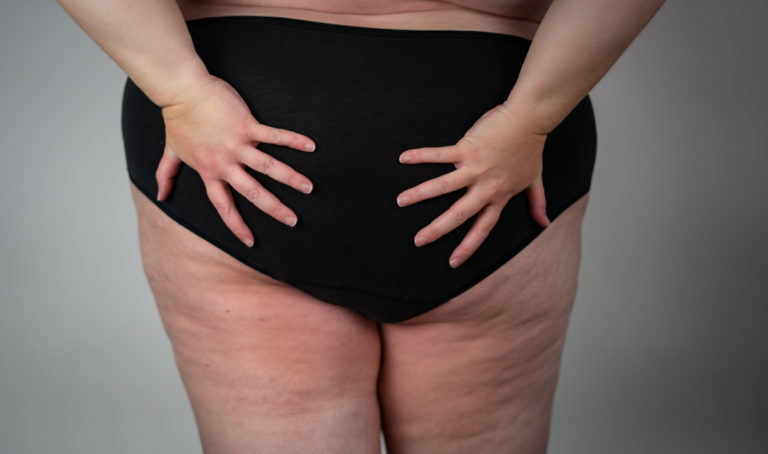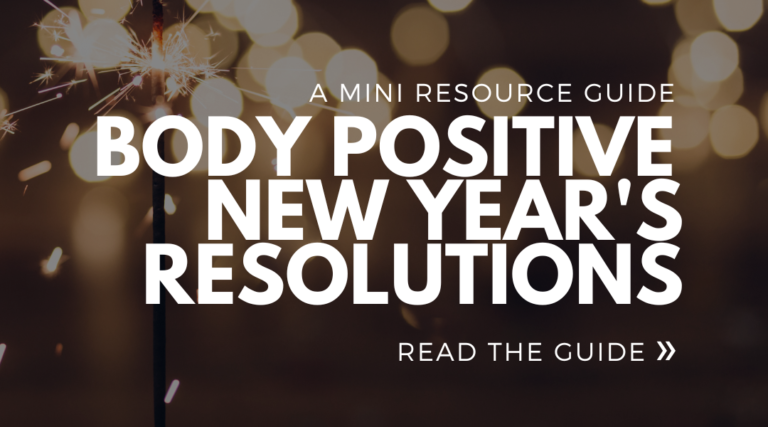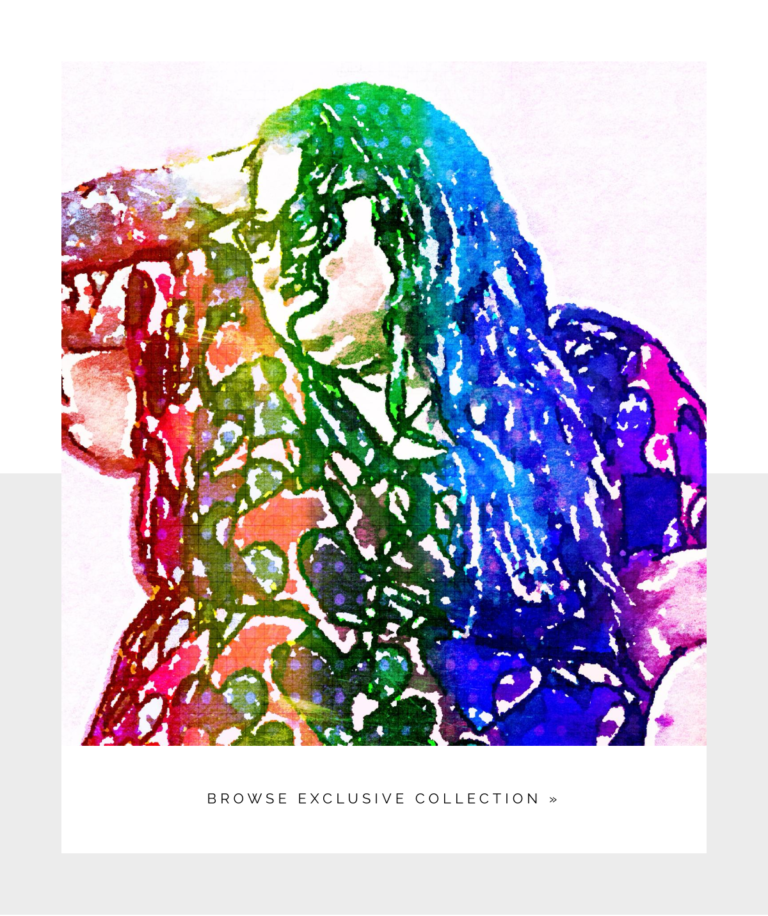Where are all the fat people?
Image description: A plus-size woman poses in front of a sunset-lit city skyline and water with one arm in the air and the other wrapped around it. She’s wearing blue jeans and a black crop top sweater.
Once a friend of mine observed that in their daily life, they just felt like they didn’t see many fat people at all. And it’s true: fat people are often missing from public life, especially very fat people. Why might that be?
BMI is bull, but let’s use the master’s tool for a moment to examine the master’s house. I live in a body that is quite fat and my BMI is 42, so let’s use a BMI of 40 as our starting point. Depending on which source you reference, people with a BMI of 40 or more comprise 6-10% of the American population, so around 10% of the population is fat of the kind that you’d notice walking around in public. So where are they? Why isn’t at least 1 in 10 of the people you see out and about (in non-COVID times) very fat?
Well, that 10% of the population is also a group of people who face significant barriers accessing public life at all. Thin people have designed a world that excludes us.
💔 If I can’t buy professional clothing, you won’t see me in your office.
💔 If I can’t fit in an airplane seat and people stare and glare at me when I buy two, you won’t see me on your flight.
💔 If I can’t wear any of the clothing sold, you won’t see me at the mall.
💔 If I can’t fit on the rides, you won’t see me at the theme park.
💔 If I’ve been discriminated against in hiring, you won’t see me in the elevator.
💔 If I can’t fit in the chairs, you won’t see me in the waiting room.
💔 If I can’t fit in the desk/chair combos, you won’t find me in the classroom.
💔 If I can’t fit in the booths, you won’t see me at the restaurant.
💔 If I can’t fit in the seats, you won’t find me at the theatre.
💔 If all the casting calls include “attractive” as a proxy for “thin,” you won’t see me on stage.
💔 If I can’t have knee surgery, you won’t see me at the gym.
💔 And if I’ve been denied knee surgery and gotten too many glares and stares for using a scooter at the grocery store, maybe I just stay home, get all my groceries delivered and stop offering myself up to the pain and abuse of even attempting to exist in a public sphere that was designed to push me out.
I want you to note that I’ve done something very deliberate here: Most of the statements above start with If I can’t. If I can’t. If I can’t. Now, I’d like you to go back and re-read those statements, replacing “If I can’t” with “If people with thin privilege have arranged it so that I can’t.”
How does that change the responsibility for those outcomes?
The motivations, of course, vary, but every single one of those broken-heart bullets is the consequence of deliberate decisions made by people with a specific type of privilege (that of thinness). This is what oppression looks like.
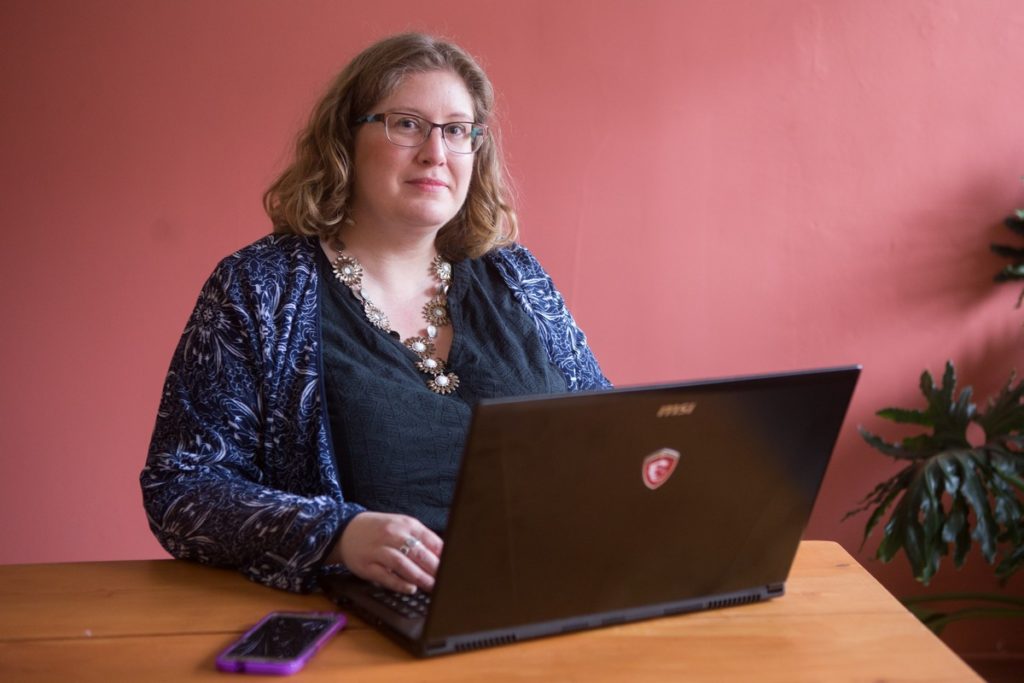
Let’s dig deep. Every Monday, I send out my Body Liberation Guide, a thoughtful email jam-packed with resources for changing the way you see your own body and the bodies you see around you. And it’s free. Let’s change the world together.
Hi there! I'm Lindley. I create artwork that celebrates the unique beauty of bodies that fall outside conventional "beauty" standards at Body Liberation Photography. I'm also the creator of Body Liberation Stock and the Body Love Shop, a curated central resource for body-friendly artwork and products. Find all my work here at bodyliberationphotos.com.

